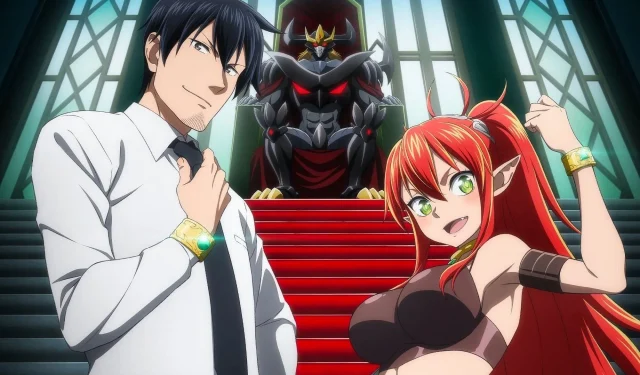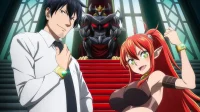The comedy fantasy anime Headhunted to Another World: From Salaryman to Big Four! has recently concluded its first season with episode 12. While it didn’t push boundaries within the isekai genre, it undeniably offered viewers a fresh twist by integrating real-world business concepts into the narrative.
Produced jointly by CompTown and Geek Toys, this was only CompTown’s second foray into anime adaptation following their prior collaboration on Migi to Dali. Despite being in a competitive landscape that includes hits like Spy x Family and Blue Box, this anime managed to carve out its niche in the bustling anime arena.
Let’s delve deeper into the intriguing elements of Headhunted to Another World: From Salaryman to Big Four!, exploring its narrative style, production quality, and character depth.
Narrative Overview: A Unique Take on Isekai
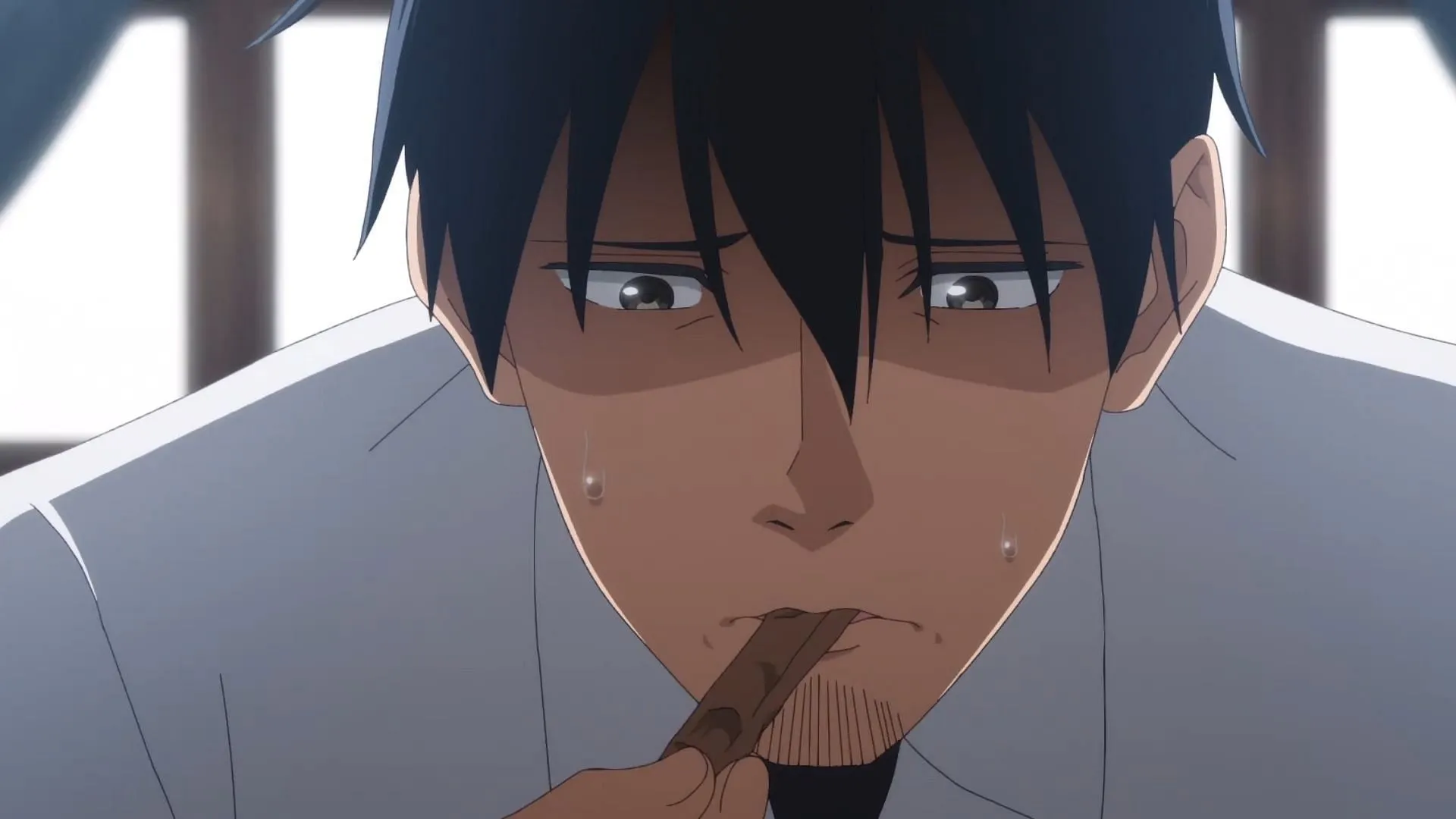
Unlike many other entries in the isekai genre, the series follows the story of Uchimura Dennosuke, an office worker bogged down by the mundanity and toxicity of his job. Just as he begins to doubt his own worth, a humorous accident transports him to a new world, where the Demon King seeks to enlist him as one of his Big Four Generals.
Initially, it appears that Uchimura is ill-suited for this esteemed role; however, his potential is recognized by the Demon King, who has thoroughly vetted him. The intention is to leverage Uchimura’s marketing acumen to modernize and transform the Demon army, employing effective business strategies to boost morale and operational efficiency.
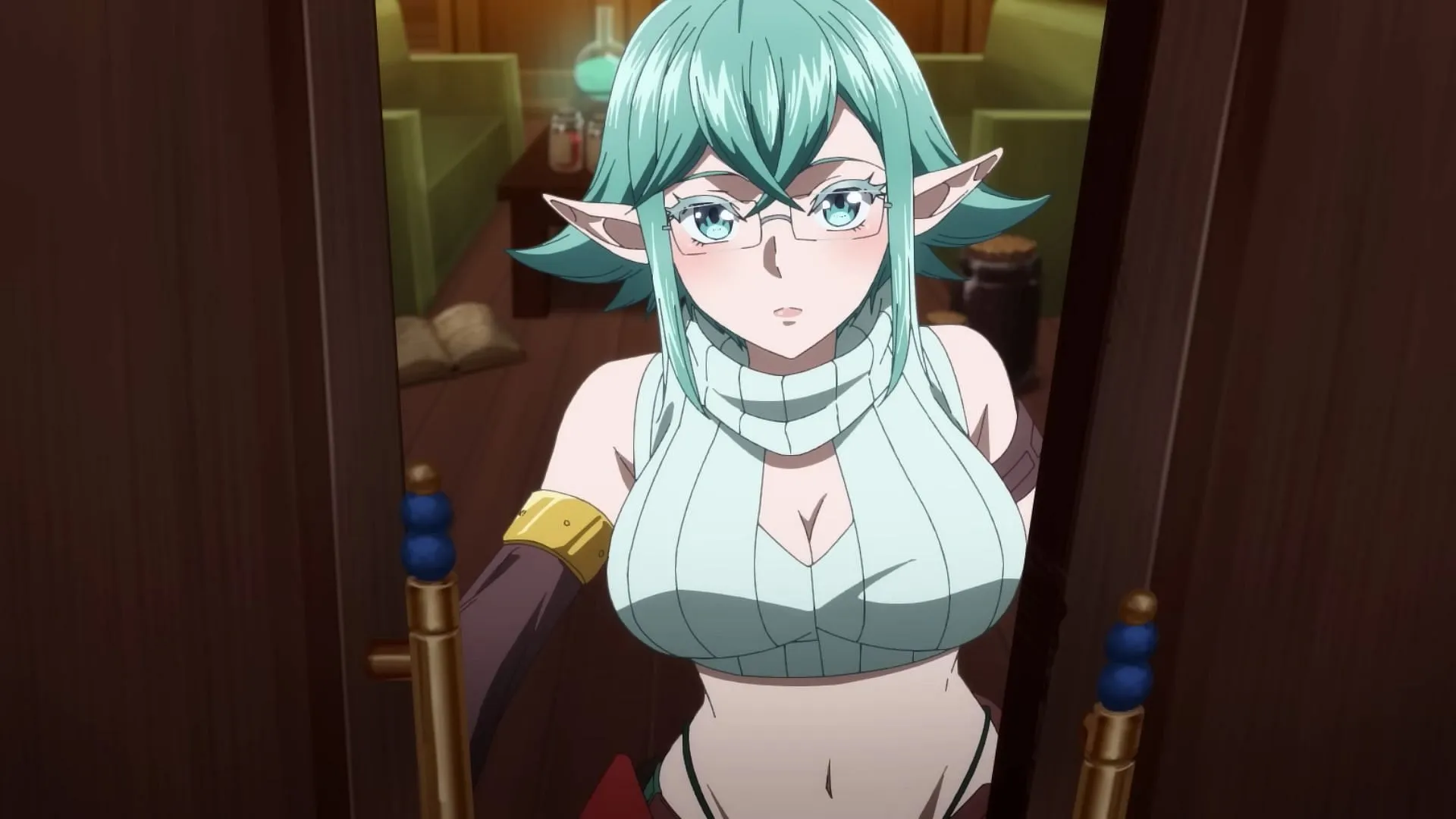
At its essence, this anime is a typical isekai journey featuring an unassuming hero who tackles challenges with intellect rather than brute strength. However, the plot’s distinctive approach to marketing—beyond merely hawking goods—incorporates an understanding of customer needs and market dynamics, offering an unconventional lesson in business practices. Thus, one might humorously term this anime as “work with extra steps.”
Furthermore, the narrative also emphasizes the importance of employee welfare alongside client relations. Throughout the series, this dual focus culminates in a powerful finale that underscores Uchimura’s internal struggles and mental state.
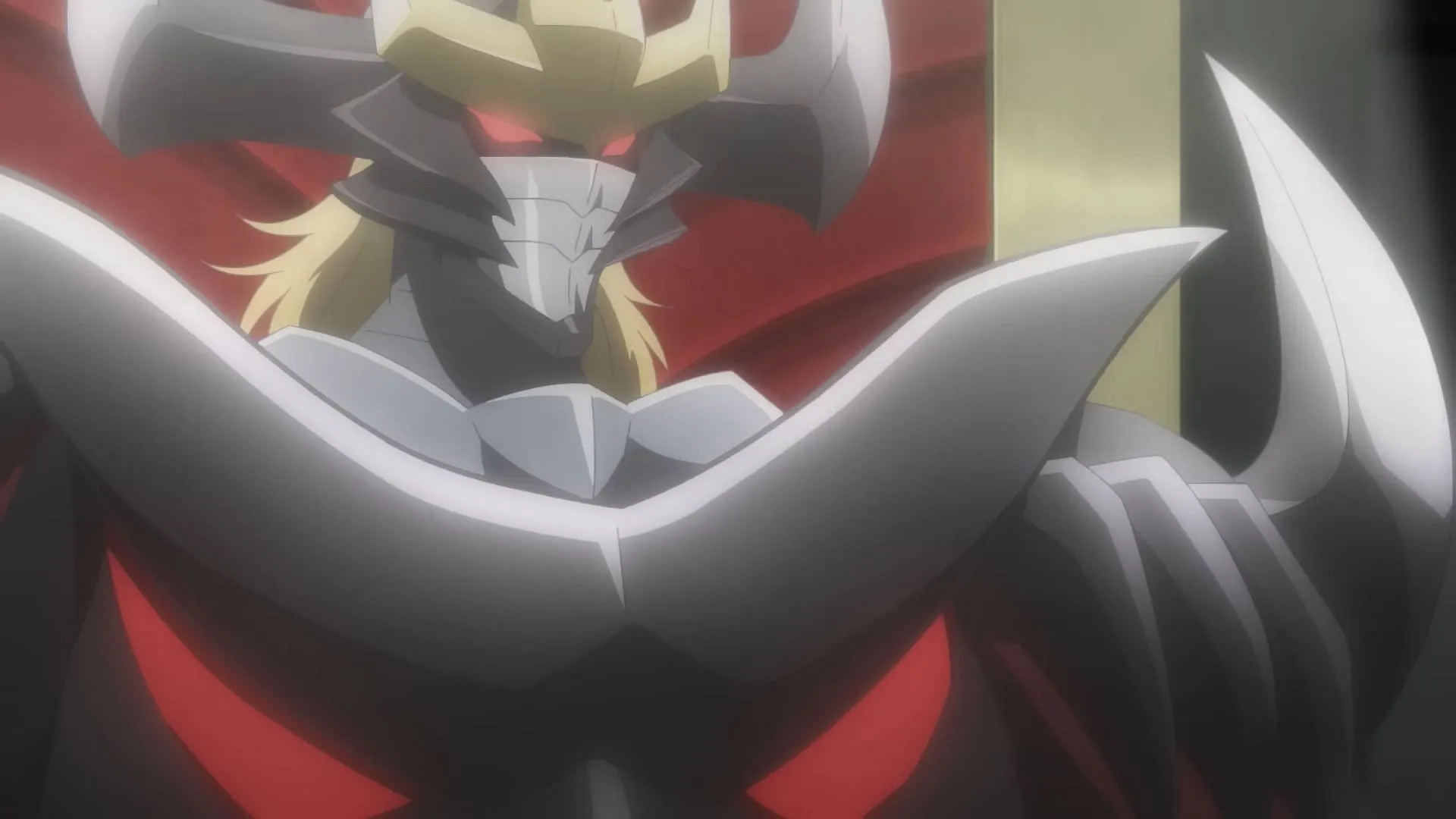
The Demon King assesses Uchimura’s character, noting his talent and loyalty but lamenting his tendency to follow orders without questioning them. This dynamic reveals Uchimura’s self-esteem issues, as he grapples with the notion of whether accepting his current state is preferable to confronting his fears.
“Are you willing to give up and live your life in this state, or are you willing to push through the discomfort and try something new?”
As Uchimura confronts his fears, he comes to understand how his past experiences shaped his self-worth. Although he initially believes he has overcome his traumas, the series poignantly illustrates that healing is a complex, ongoing process. While the narrative is distinctive, it may not resonate with all audiences, particularly those seeking to disengage from work-related themes during their entertainment time.
Production Quality and Voice Acting
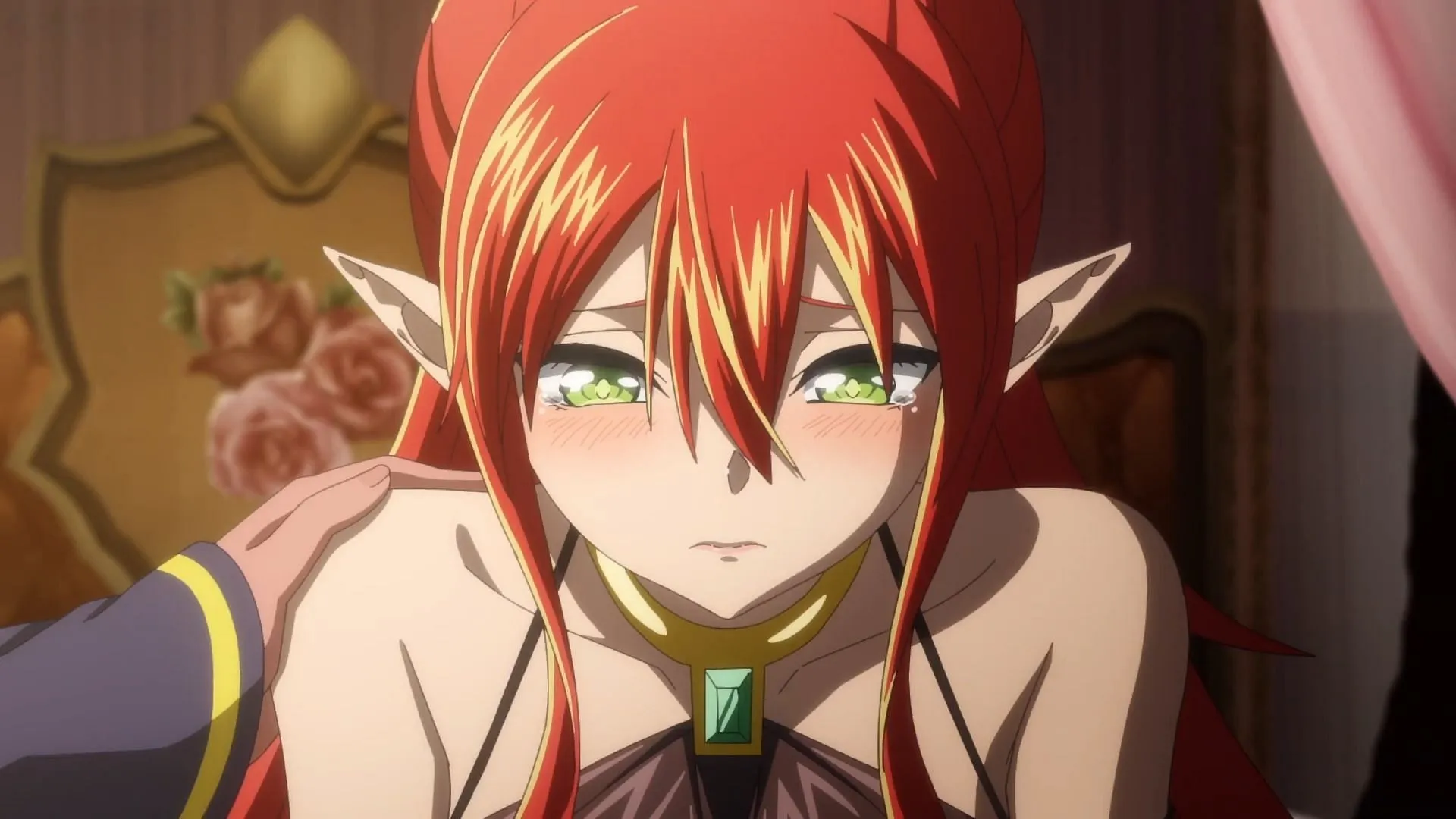
Given that Headhunted to Another World: From Salaryman to Big Four! represents only CompTown’s second major project with Geek Toys, the overall production merits appreciation. While the animation quality varies throughout the series, the more detailed close-up scenes of principal characters compensate for some shortcomings.
Additionally, there are noticeable differences in character designs compared to their manga counterparts. For instance, characters like Ulmandra and Olulu feature adaptations that make them more suitable for a broader audience. Nevertheless, the core designs remain largely intact.
On the voice acting front, the cast delivered commendable performances, effectively embodying their characters’ personalities. Yuuki Ono as Uchimura Dennosuke and Konomi Kohara as Ulmandra particularly shone, delivering poignant monologues that conveyed the complexity of their characters’ conflicts, both in professional and romantic contexts.
Concluding Thoughts on Headhunted to Another World: From Salaryman to Big Four!
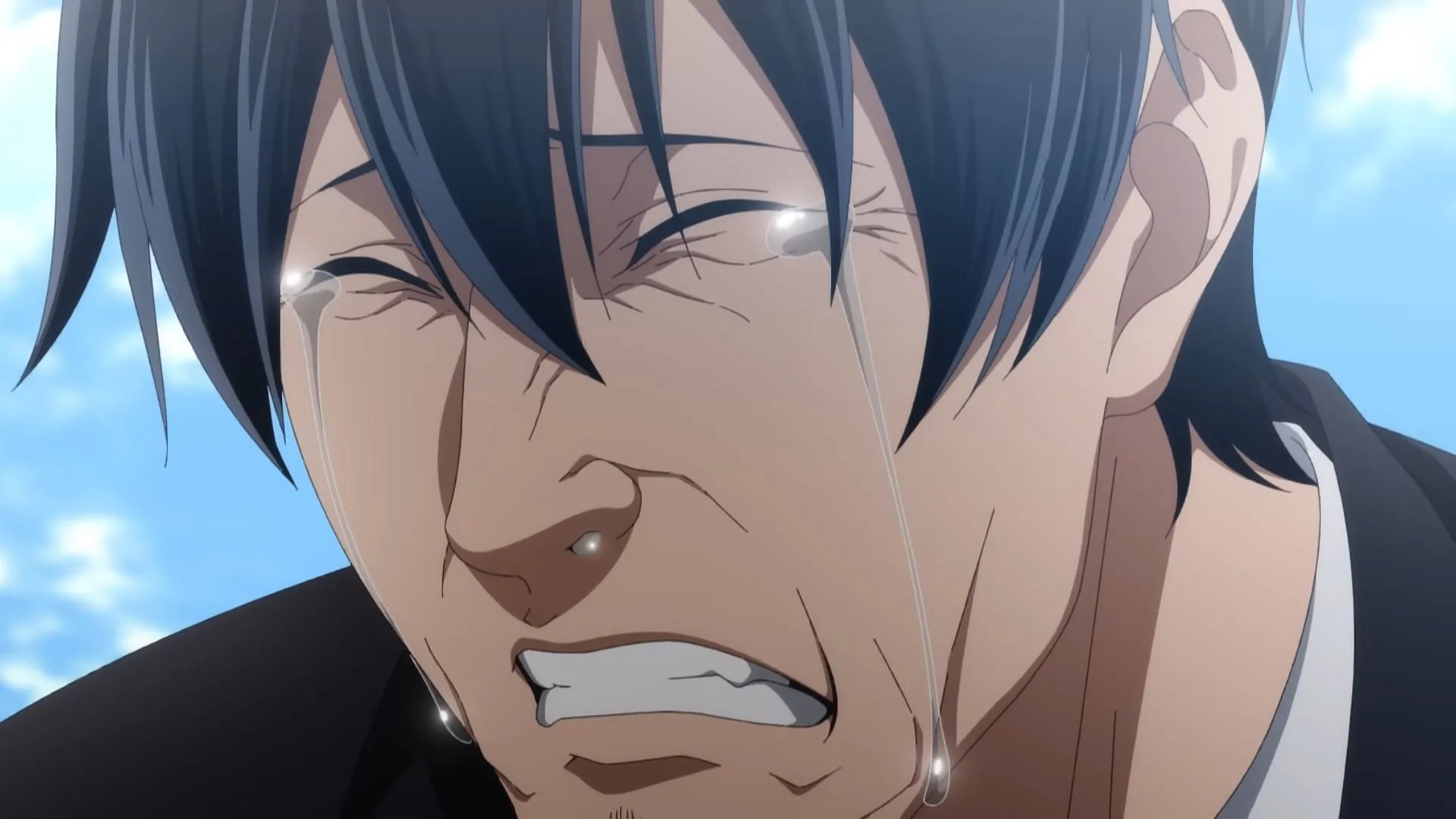
In summary, while Headhunted to Another World: From Salaryman to Big Four! presents an engaging watch, it doesn’t revolutionize the isekai genre. Older audiences may find the series provides insightful commentary on workplace dynamics and responsibilities, but those expecting a transformative viewing experience might be left wanting.
Overall, as long as viewers adjust their expectations to align with the typical isekai genre, this anime can be an entertaining exploration of business-infused fantasy.
